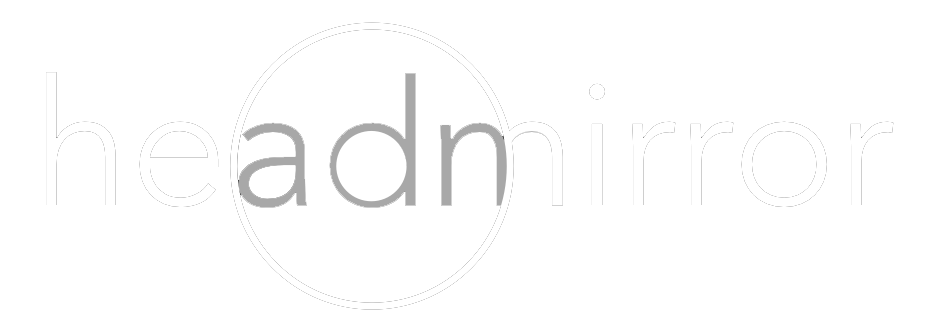So far I’ve covered the reasons otolaryngology originally drew me in, and how you can improve your residency application by doing research. Those are all great and everything, but how about the nuts and bolts stuff of the timeline to match day? Let’s say you came into medical school knowing you were born to be an otolaryngologist. What can you do during the preclinical years to help make that notion a reality?
You know the deal with any competitive specialty and years 1 and 2 of medical school – you have to do well. Those years can seem supremely important as you are in the midst of them, but having the advantage of hindsight so far removed from them I can say: yes, they are important, but not as important as they feel when you’re progressing through them. It’s easy to get caught up in the drudgery and intra-class competition as you are barraged with massive amounts of information and exams. But I would caution you to take pause and keep perspective in the matter.
What do the pre-clinical grades of medical school distill down to? Really, nothing more than a class rank (or quartile, depending on your school). Your individual grades in histology and cardiology don’t mean a whole lot (unless you fail and have to remediate). Will your class rank help you get interviews come application time? Not likely. The caveat to this is that if you are in the bottom half of the class, it can be considered a red flag about why there is such a discrepancy between your preclinical grades and beyond. The preclinical grades (and subsequently, your class rank) are more about supplying a necessary component of your application rather than making yourself stand out. Otherwise stated: if they are good, that is adequate, and if they aren’t, that is a deficiency in your application you must account for.
So really, focus on yourself and doing as well as you can. Don’t get caught up in comparing yourself to your classmates – but if you find yourself struggling, address it early. Your goal should be to be in the top third/quartile of your class. But ultimately, the main reason to strive to do well on your preclinical classes isn’t necessarily your grades, but rather because preclinical grades are the best correlate for Step 1 success.
Yes, the mighty Step 1, able to slay the medical student with merely a glance. I would be lying if I didn’t say your Step 1 score is important. Heck I’d be lying if I didn’t say it was really important. If there is one aspect of your application that can immediately close doors before they are open, it’s your Step 1 score. This may not be fair, but from the perspective of the residency program, who is attempting to compare students from schools with a wide variety of grading policies and rubrics, it is reasonable. Seen here below is the NRMP data for the 2009 match showing Step 1 scores and applicants into ENT:
What can be distilled from this chart? First of all, if you bomb Step 1, there’s still hope. Individuals matched into otolaryngology with board scores well below average. But if you breakdown the segments, the match rate is: 211-220 = 60% match rate. 221-230 = 71% match rate. 231-240 = 81% match rate. 241-250 = 90% match rate. 251+ = 97% match rate. The rub: adding 10 points to your step 1 score can increase your chance of successfully matching by 10%. That. Is. Substantial.
There is a gluttony of information and advice about studying for Step 1 on the internet, by word of mouth, and in books. I’ll gladly defer the nuts and bolts here, but I will say the main keys to success are: (1) know yourself, how you best study and learn, and how quickly your study and learn (2) formulate a very specific and thorough plan/calendar/timeline based on your study qualities (3) start early, work hard. This is your one shot, so make it count.
Beyond academics, the preclinical years are a great way to get involved outside the classroom. While extracurriculars are not nearly as emphasized in residency applications as they are in medical school applications, programs like to see applicants that have interests outside the classroom, can hold positions of leadership, and are altruistic. Find a project or clinic to volunteer with. Organize an event or help with an interest group. Attend a conference. Run for student government. These are the years of medical school when you have time for these things. But ultimately, don’t get involved because you need things for your residency application. Get involved because it makes you a better medical student and a more well-rounded individual. Stick to projects that you’re invested and interested in, and don’t become overwhelmed. Remember, in the grand scheme of things, you’re here to learn medicine, so don’t sacrifice academics for extracurriculars because you “need” them on your CV.
But really, that’s all that is required the first two years of medical school. Do well in your classes, do well on Step 1, get involved in a few things that interest you. Easy, right?
I know, it’s not easy. But set small and reasonable goals for yourself along the way, and you can do it.
Bobby
aka MedZag








